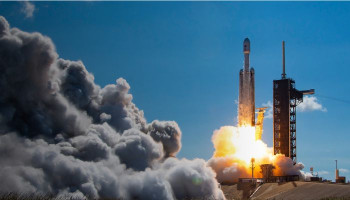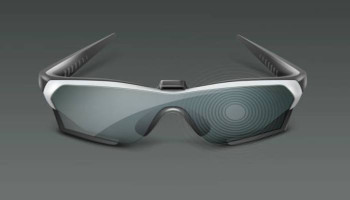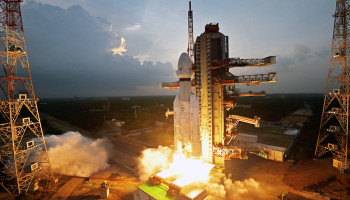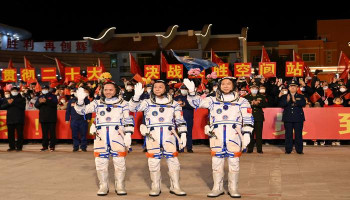
Pakistan is gearing up to launch its historic lunar mission alongside China on Friday marking a significant step in space exploration. The historic mission will see Pakistan's ICUBE-Q satellite board China's Chang'E6 spacecraft, departing from Hainan, China, at 12:50 PST.
The satellite ICUBE-Q, a key component of Pakistan's lunar mission, has been designed and developed by the Institute of Space Technology (IST) in collaboration with China’s Shanghai University SJTU and Pakistan’s national space agency SUPARCO.
CubeSats, like ICUBE-Q, are miniaturised satellites designed for various scientific, technological, and educational purposes in space exploration. Weighing only a few kilograms, these satellites offer cost-effective opportunities for scientific research and technology development.
Read more: China's Tiangong space station suffers damage from debris strike
The ICUBE-Q orbiter, equipped with two optical cameras, will capture images of the lunar surface as part of Pakistan's lunar mission. After rigorous testing, ICUBE-Q has been integrated into China's Chang'e6 mission, the latest installment in China's lunar exploration endeavours.
Pakistan's participation in the lunar mission underscores its growing interest and capability in space science and technology. It also reflects the strong partnership between China and Pakistan in space exploration, dating back to 1990, when China launched the first communication satellite for Pakistan.
China's Chang'E6 mission aims to collect samples from the moon's far side, a feat never before achieved. In addition to the lunar sample return, the mission will deploy a new relay satellite, Queqiao-2, to facilitate communication between the lander, orbiter, and Earth.
The collaboration between China and Pakistan in the lunar mission not only enhances scientific knowledge but also strengthens bilateral cooperation and friendship. As Pakistan begins its maiden lunar mission, it joins the global community in the pursuit of space exploration and discovery.
















